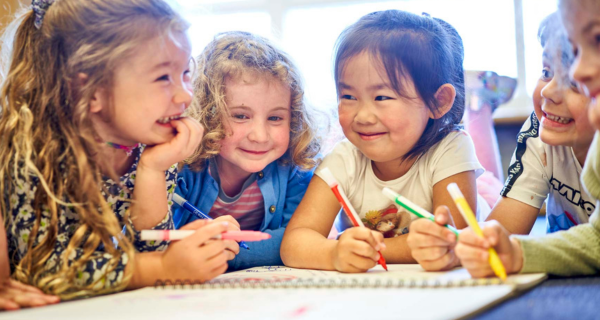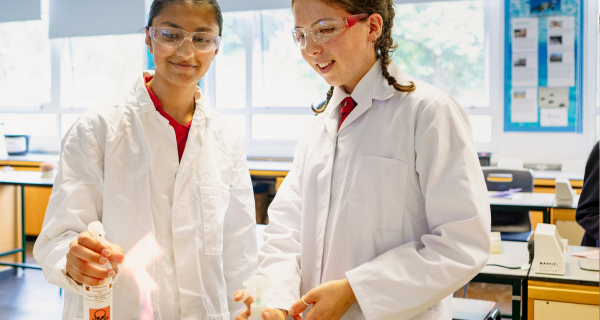Tips for parents and pupils on using social media, from ESMS School Counsellor Melanie Allan
Interview by Robert D (S6)
Social media is not always a bad thing, particularly during lockdowns, when it has allowed teenagers to stay connected with their friends but we all worry about the risks and the impact of overexposure. The UK’s Chief Medical Officer has published general guidance for parents on social media but there is no official advice on the optimum amount of screen use.
Robert D, an S6 student, at Stewart’s Melville College caught up with ESMS School Counsellor, Melanie Allan, to get her tips for our ESMS pupils and parents on this difficult area.
- What are the real risks of social media on teenagers?
While social media offers lots of benefits for teenagers, it’s important it doesn’t get in the way of healthy activities and you do need to be vigilant about the dangers that exist online. Grooming, oversharing, bullying, data breaches, being exposed to upsetting content are all things that we talk about in PSE classes, in school, and it is important to remember that not everyone is who you think they are.
Research on screen usage is difficult and there is no official advice about how much time online is too much but there are links between overexposure and poor sleep and depression, so try and limit your usage, particularly close to bedtime.
- What about the impact of social media on FOMO?
FOMO (Fear of Missing Out) is a particular problem on social media. In the old days, groups of friends would meet each other all the time without anyone being any the wiser but nowadays every meetup and party is put on social media and it’s easy to feel that you are the only one not invited and not having fun. Try and think about the things you are grateful for and remember that the feeling won’t last forever.
- What advice would you give to people who are being bullied on social media?
One of the worst things about bullying is that people often feel they have done something to inspire the bullying but it’s important to remember that there is nothing wrong with you. In fact, bullying behaviour generally occurs because the person doing the bullying feels bad about themselves.
If you are being bullied online, you see something that has upset or worried you or you see someone else being bullied, don’t keep it to yourself. Take screen shots of the content before it disappears and find a safe adult that you feel comfortable talking to (your parents, your guidance teacher or make an appointment with me). If you don’t want to talk to an adult don’t forget that at Stewart’s Melville College and The Mary Erskine School we also have trained Mental Health Ambassadors who are there to offer support.
There is a lot of bad information online so before you start Googling for advice have a look at Firefly where teachers have put together a list of great organisations that can help.
- Can social media be a good thing for teenagers?
While too much exposure to social media can be bad for mental health, the right amount can have a positive impact, allowing young people to connect with friends outside school, with people who share their interests and with friends who have moved away. This has been particularly important over lockdown.
There are also incredible opportunities to be creative through social media, allowing young people to bring ideas to life in ways that just weren’t available to previous generations, when they were at school.
- What is the most important thing to keep in mind when using social media?
It’s a good idea to avoid prolonged exposure and try and stop yourself going down rabbit holes. Keep an eye out for signs of dependence in yourself and those around you. If you find your mood is altered when you don’t have access to social media for a while you may be becoming dependent, so pull back and do something different.
Think about your own behaviour on social media. If you wouldn’t say something to someone's face, don't put it on social media. The truth is cruel if it isn't accompanied by kindness and nuances can often be lost online.
- How would you know if someone close to you has been severely affected by social media?
Keep an eye out for changes in behaviour, for example someone who is usually chatty becoming more withdrawn or their sense of humour becoming more self-deprecating. Have a look at their posts. People tend to leak emotionally so they will probably start reposting things that reflect their state of mind. If you are worried get them on their own and ask them if they are okay. You may need to ask them more than once to get to the truth. It is also important to share your concerns with your Guidance Teacher who will be able to offer support.
It’s also important to build trust with your child so if you are tracking their movements or their social media activity let them know you are doing this.
Thank you, Robert and Melanie. There are lots of great tips here.






